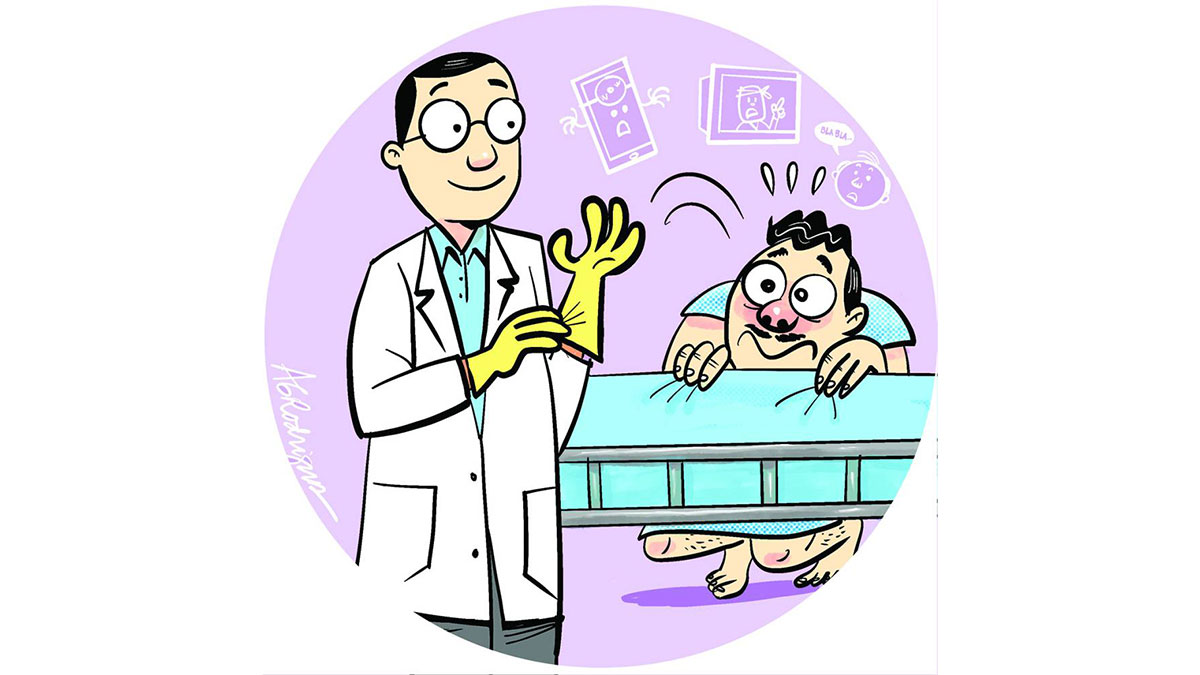Despite how many questions you may have, there are a myriad of answers to address your every concern.
Here are some of them.
Q: Are thinner people considered healthier than overweight persons?
Yes, although there have been cases of thin people with high cholesterol problems. Generally speaking, the more fat stored in the body, the greater the risk of developing heart disease.
Excess body fat
Scientists have a completely new perspective on body fat today. Known medically as white adipose tissue, body fat secretes hormones known as adipokines. These are proteins that behave as messengers throughout the body which contribute to chronic inflammation. Excess body fat causes us to have hunger pangs all the time. The accumulation of fat eventually sends signals to every organ in the body and creates a chain reaction of problems from osteoporosis to erectile dysfunction.
Fight the fat in order to become healthier. Today is a good time to start.
Q: No matter how much weight I lose, my waistline will never be strong again, just like when I was 18. I am frustrated over this at 40.
You are so focused on the cosmetic that maybe you have overlooked the health aspect.
It is good that you are mindful of your weight. As for the waistline, accept the fact that at age 40, your metabolism is 40-percent less than that of an 18-year-old. This doesn’t mean that you can never achieve that 24-inch waistline again. But what it does represent is a challenge to you. This involves the following: regular fitness workouts in the gym, a low-fat, low- carb/sugar diet, and daily cardiovascular exercise.
If you want to speed up fat breakdown, go for ultrasound and radio frequency treatments in a reliable aesthetic beauty and cosmetic center.
Do you know that waist size is a good indicator of a person’s risk of insulin resistance (the early stages of developing diabetes and heart problems)? In a study reported online by the British Medical Journal, Hans Wahrenberg of the Karolinska University Hospital in Stockholm said that a waistline circumference of less than 39 inches reduces risk of developing insulin resistance.
Muscle burns fat
Q: How important is exercise in any weight-loss program?
Extremely important. Muscle burns fat. That is the guiding principle. In obese people, muscle is exchanged for fat. It is only logical to conclude that the more fat you lose through diet and exercise, the more muscle can be restored.
One can successfully lose weight without exercise. But the body will lose its muscle tone. This is known as “definition.” If it’s definition you seek, then by all means, exercise. And if it’s a healthy body you desire, then exercise is a must. No compromises here. A break-in period is necessary before graduating to a high-intensity workout.
So, start slowly, then gain momentum. Perhaps brisk walking or the treadmill at a speed of 4.5 km/hr for 20 minutes daily will do. Then work your way up. Our bodies are like race cars. They need to be revved up first before a race.
Q: What is the best weight-loss plan?
Always remember: To lose weight, whatever we eat must be burned. In other words, you either reduce your calorie intake or increase calorie-burning. All excess calories are stored as body fat.
Here are tips:
1. Omega-3 fatty acids promote weight loss. The body does not produce Omega-3. Thus, it must be sourced from food.
Natural food sources: fish and fish oils (sardines, tuna, anchovies, mackerel), flaxseed, soy bean, canola and hemp.
Benefits: lowers LDL cholesterol and triglycerides, reduces blood viscocity, retards artherosclerosis, lowers blood pressure, protection against migraines, kidney disease.
2. Reduce intake of pro-inflammatory foods: anything fried, saturated fats, meat/red meat, full-fat dairy, sweets and refined carbohydrate.
3. Increase anti-inflammatory foods like fruits and vegetables.
4. Exercise.
These four simple things will prevent your body from converting calories into fat.
Q: What are the pros and cons of consuming red meat?
There are many sources of protein—red meat, white meat—pork, chicken, fish and nuts. It’s always a matter of personal choice. As we know, protein is essential to life. It is needed for cellular repair.
Red meats are high in saturated fats. Thus, they must be eaten in moderation. The other downside is, just like poultry, these animals might be subjected to rounds of antibiotics and hormones which may become a health risk. If you wish to eat meat, go for organic meat raised in a farm where no growth hormones and antibiotics are used.
You may also consider ostrich or bison which are low in fat.
There is no easy way to do things. And yet it can be as simple or as difficult as you want. It’s all in the attitude, the mind-set.
Affirm today: “I can, I will.”
Love and light!
Reference: “The Perricone Weight-loss Diet” by Nicholas Perricone, MD













































